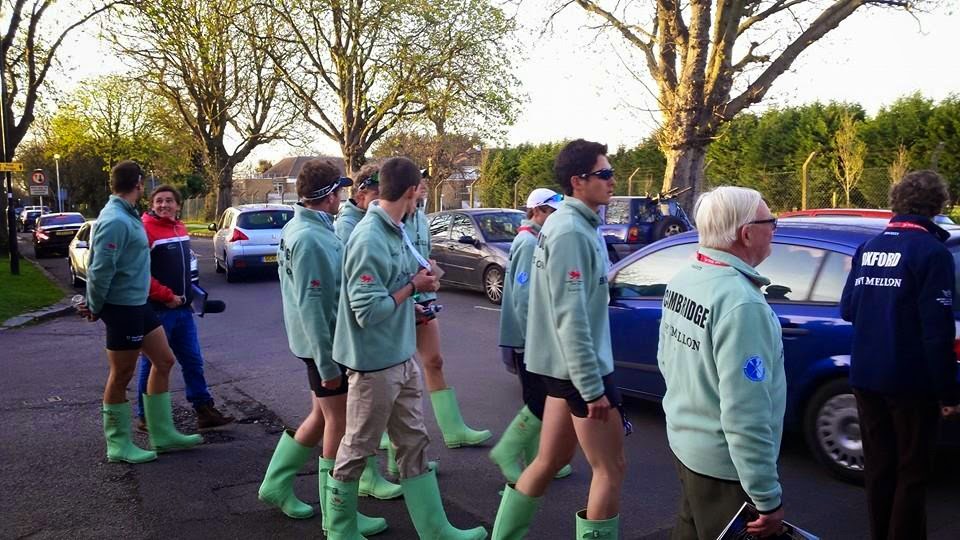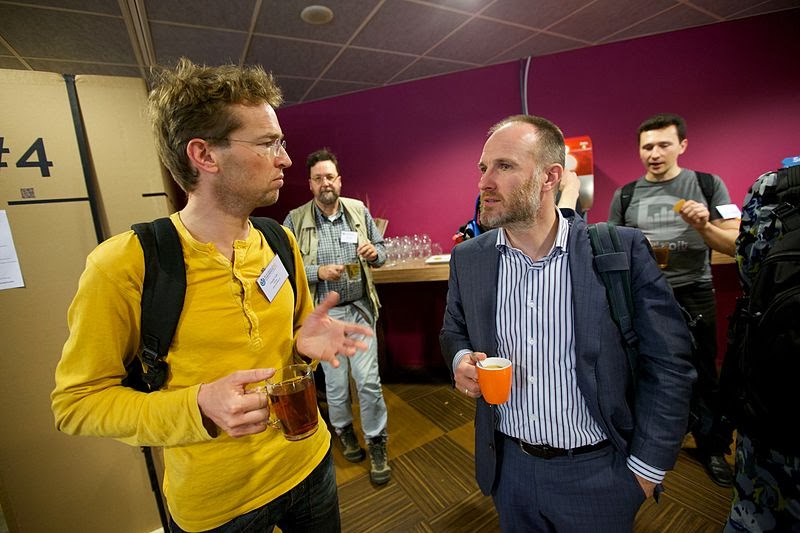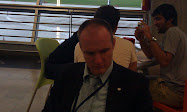
"Never let your ego get so close to your position that when your position goes, your ego goes with it."
Too often, change is stifled by people who cling to familiar turfs and job descriptions. One reason that even large organizations wither is that managers won't challenge old, comfortable ways of doing things. But real leaders understand that, nowadays, every one of our jobs is becoming obsolete. The proper response is to obsolete our activities before someone else does. Effective leaders create a climate where people’s worth is determined by their willingness to learn new skills and grab new responsibilities, thus perpetually reinventing their jobs. The most important question in performance evaluation becomes not, "How well did you perform your job since the last time we met?" but, "How much did you change it?"




























